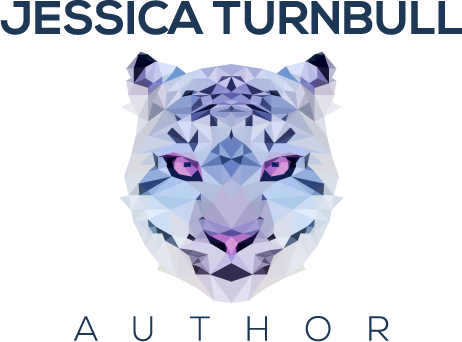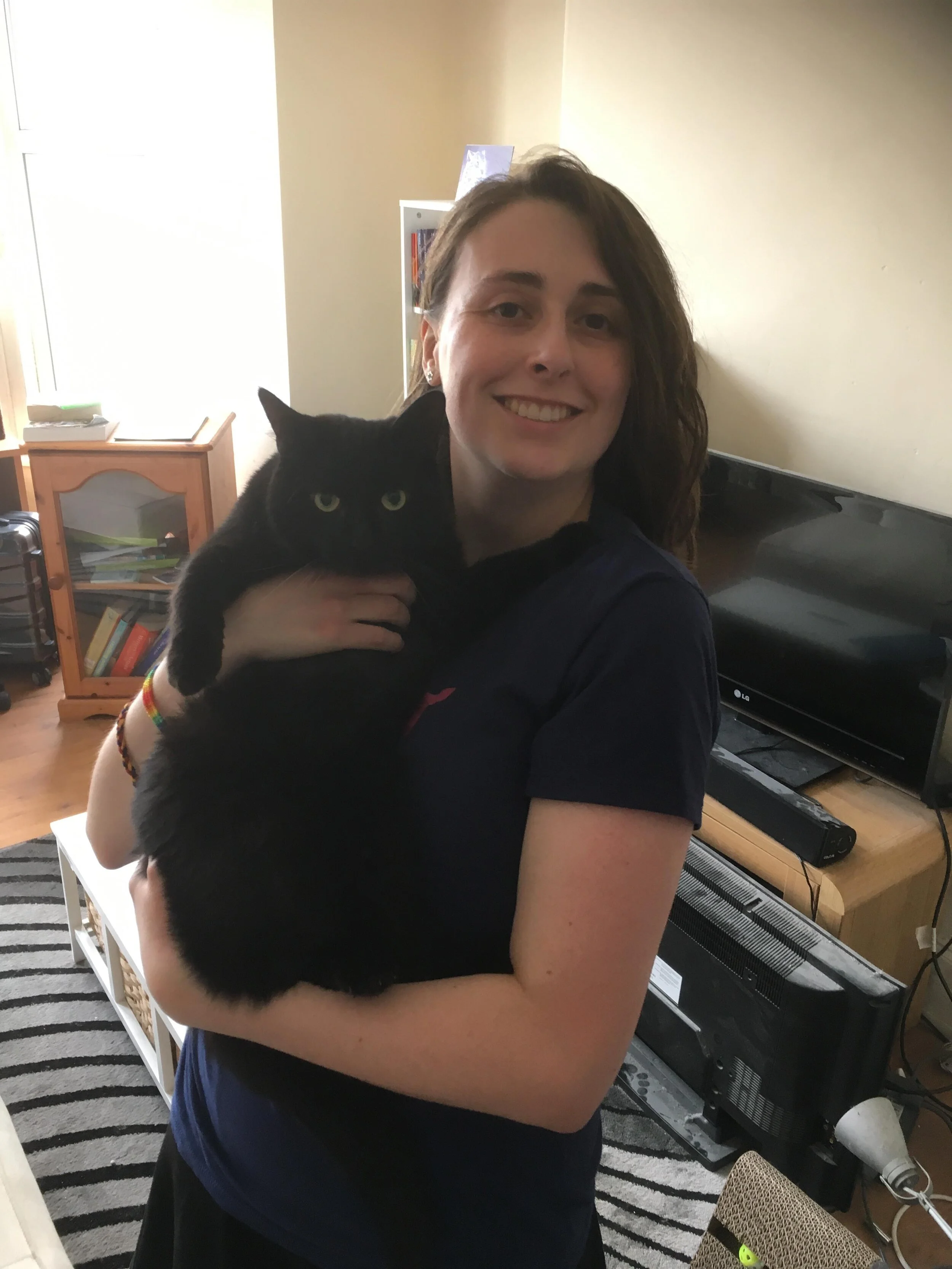Hi all!
This week I'm going to blog about character names, and the different ways I come up with them. Some have more mundane origins than others, but I thought this would be fun to talk about!
Baby Name Websites.
The vast majority of character names, usually side characters, I will look on baby name websites for. This is usually for side or background characters. Such as Naomi from Elemental Dragons and Eularia from Street Rats. Although this can be quite boring, I will trawl through hundreds of names until I come across the name that I immediately associate the character with. Some I find completely by accident, thinking the character wouldn't suit that name, but then they do.
Letter-Based Names.
Sometimes I'll think that I want a name to begin with a specific letter, such as 'S' and I'll Google those names. From there I'll search through websites until I find a name that suits the character. This tends to be more for main characters and side characters. Examples include: Raya from Celestial Plague and Melia from Elemental Dragons. I've done this for my series books as I think it can get confusing to have loads of characters with names beginning with the same letter. It keeps a variety in my books and also helps readers identify the characters more quickly.
Sound-Based Names.
When I was writing Curse of Anubis, I wanted Darrus to have 'Russ' in his name. So I Googled names that contained the letters 'Russ' and searched through what came up until one fit. This is a less common way that I look for names, and so far I've only used it for Curse of Anubis. I'm not sure if I'll use this method too often in the future, though.
Names with a Special Meaning.
This one I've used more frequently as of late for main characters. I wanted a name meaning 'pure' so I searched that and found Tahira, for Curse of Anubis. Or Genesis in Damaged Goods, which means 'origin' or 'the beginning'. This one I use if I want the character's name to be a homage to their personality or their trials through the book.
Anadromes.
These ones I've only used for Parasitic Aliens so far, which are: Anne, Nola and Alli. The aliens in the books are called: Enna, Alon and Illa respectively. I did this because the characters in the books are the first ones to come into contact with these aliens, so they are named after them. I'm not sure if I will ever use this method again though, as there aren't many anadrome names out there, and I struggled to find ones to fit the characters.
Names I Come Across in Media.
Names like Hazel and Marco in Elemental Dragons I heard while watching films, and fell in love with them. A lot of the characters in Elemental Dragons were named this way, and the rest were Googled. I used this method a lot when I was younger, as I was more influenced by the films and books I liked at the time. I hardly ever do this now.
Characters Named After People I Know.
I have never done this, as I just don't think it's fair to people that I know. Only Normie, Rocky and Mishka have characters named after them, but I don't think they care too much as they're cats! I'd hate to name a characters after someone only for them not to like that character, or get offended that their name was used.
Names by Culture or Time Period.
In Damaged Goods, the first book is set in ancient Greece. So, I had to look up names that would suit that time period. Pyrrah, the main character, is the name I liked most for her. It means 'red' or 'flame-coloured'. In the future I want to write a series about Norse mythology, so I will be looking up names from the Viking Age to name the characters.
That's it for this week, I hope you enjoyed reading! See you next week!


















